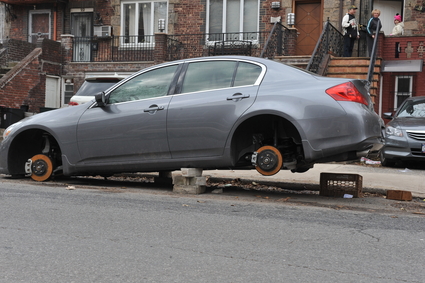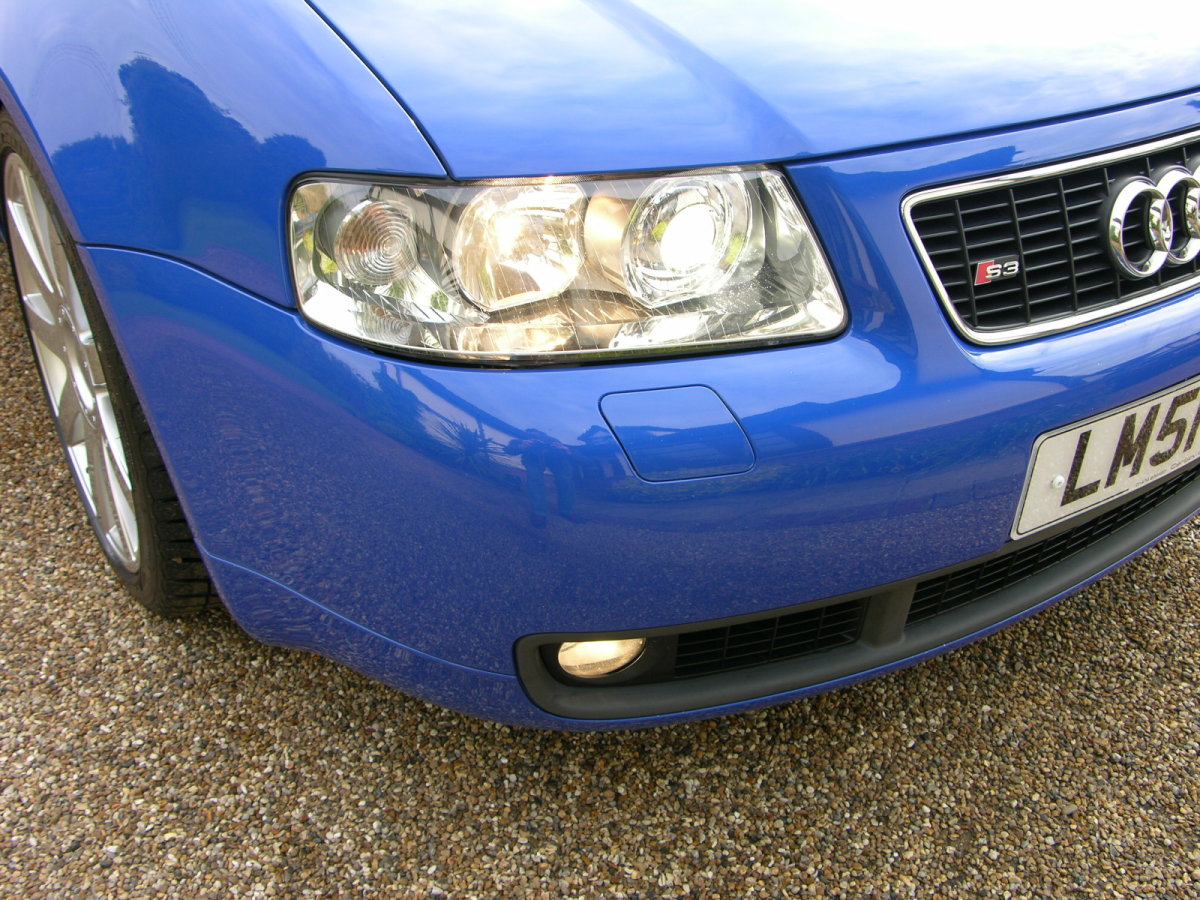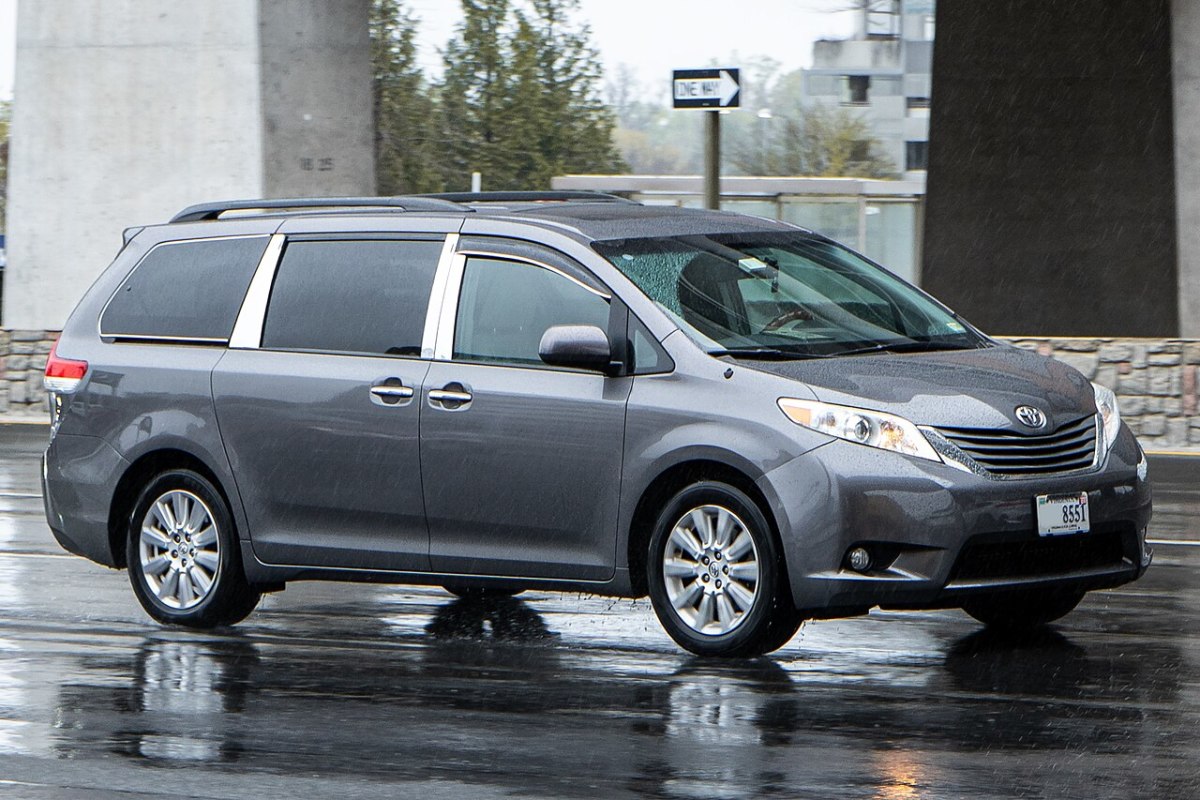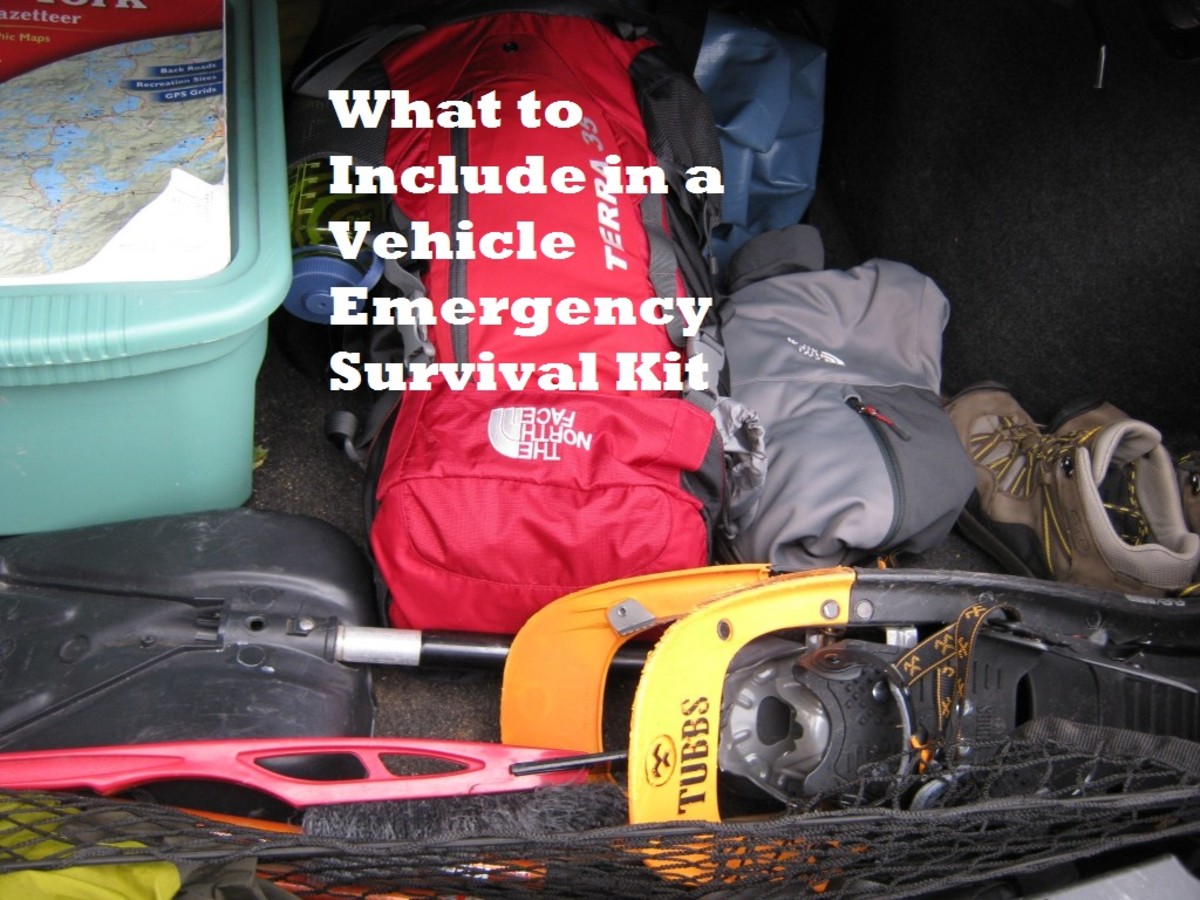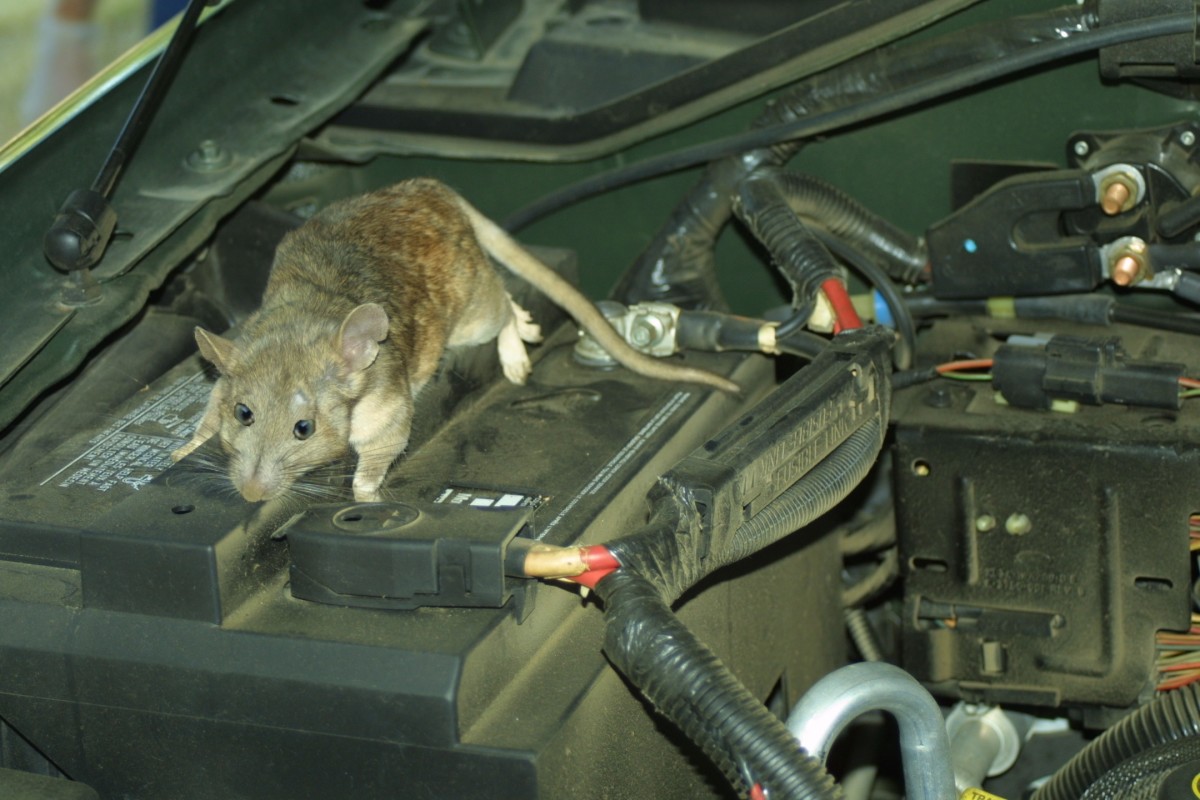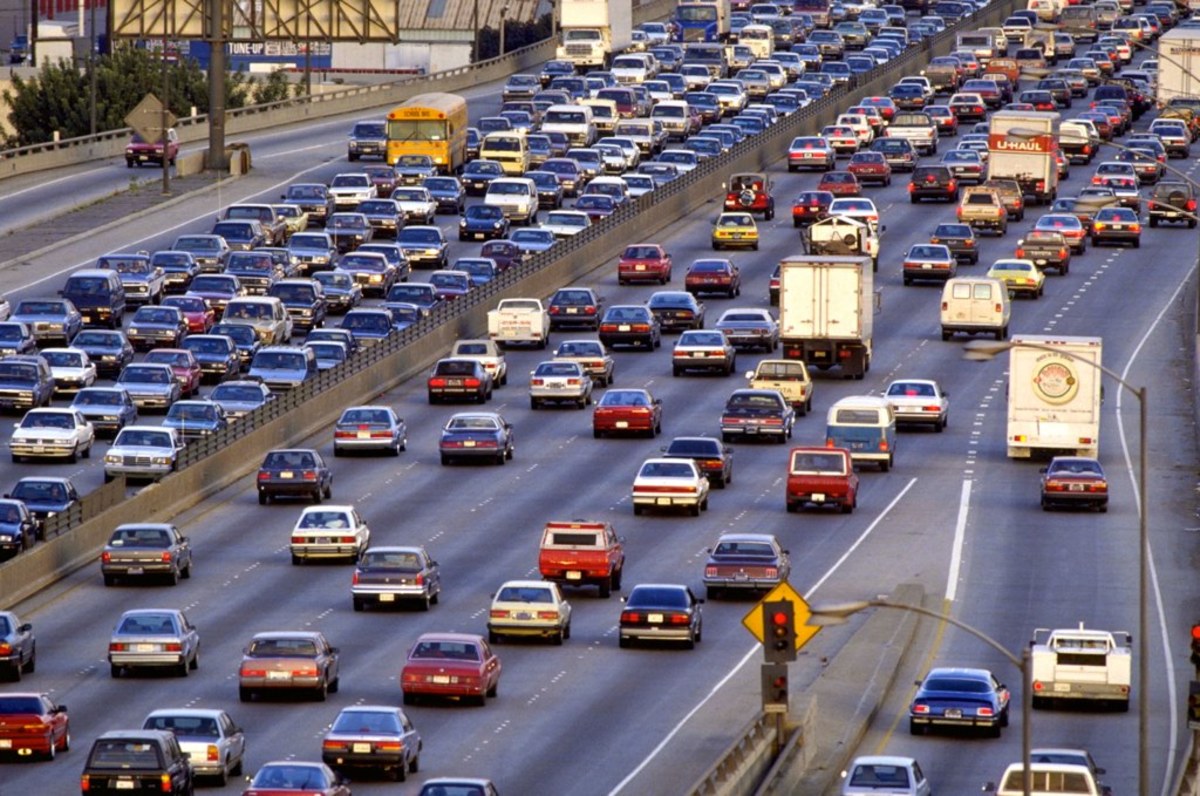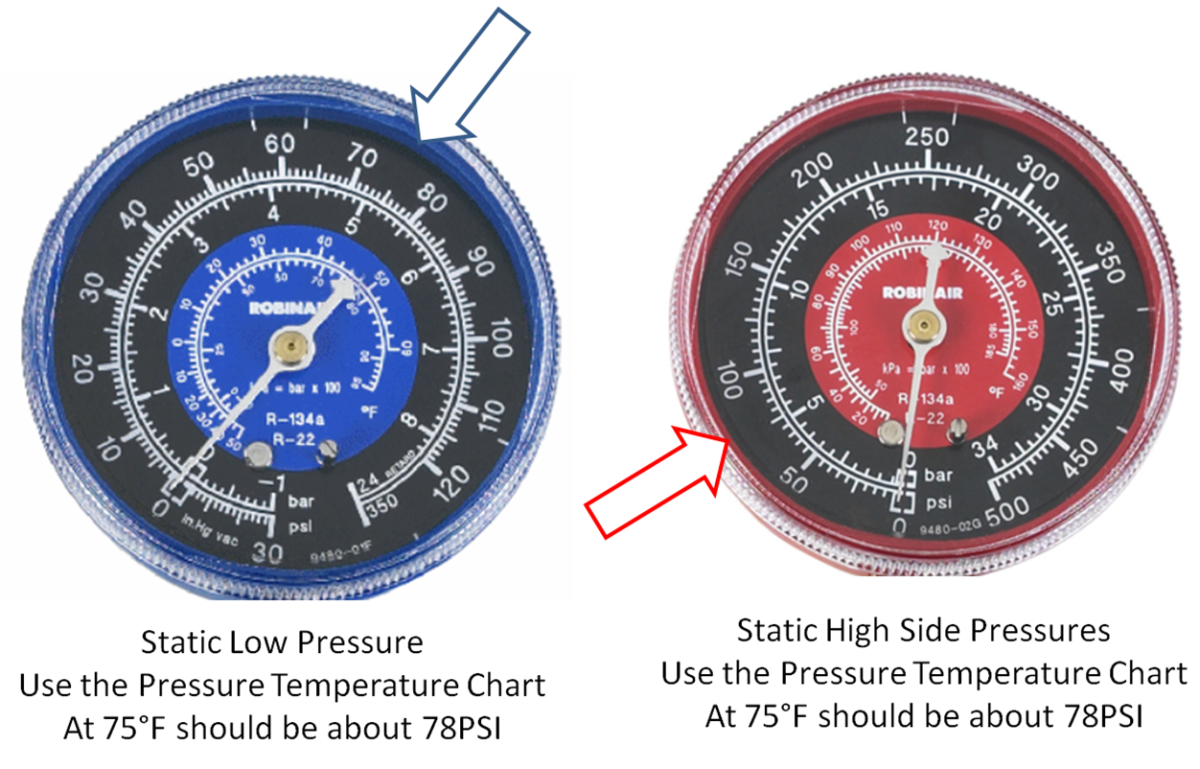Car Insurance Discounts That Will Reduce Your Rate
You Don't Need A Small Car To Pay Less!

The Most Common Car Discounts
One of the most common car insurance discounts, yet often overlooked, is the multi-policy discount. If you drive vehicles, there's a 99% chance that you either own or rent the house/apartment that you live in. Almost every top insurance carrier will reduce your rates (usually about 5%-15%) if you insure both vehicle and property with them. There are still many households that split those two policies between two separate companies.
There will be instances that the separation makes sense. It may involve the driving record of a specific driver or a home that has unusual construction or a history of claims. But it certainly is always a good idea to strongly consider combining the policies with the same insurance company.
Although there is not really a "discount" for maintaining an excellent credit rating, most insurers now utilize credit when underwriting and determining the rate you will pay. So perhaps it's a matter of semantics. Good credit may not get you a discount, but it may avoid an increase in your premiums when applying for coverage. Confusing isn't it?
Many auto insurance companies have different "tiers" of rates based on your credit score, For example, a driver with a credit score of 790 might be placed in a rate class that offers 15% lower rates. And another applicant with a score of 550 may be placed in a tier with rates generally 20% higher than the baseline rates. So, although it is not officially a "discount," it has the same effect.
Another variable is that not all insurers treat credit the same way. Progressive Insurance has specific ways of incorporating credit into the underwriting while, for example, Allstate will use different criteria. There are also a few carriers that don't consider credit at all. Usually, an experienced broker will be able to explain this in detail.
Many years ago, credit did not factor in the rate you are charged, times have changed. So BEFORE you apply for a new policy, perhaps it's wise to know what's on your credit report before your insurer knows. You have time to correct an error that may be appearing. You can also take steps to improve your credit by simply paying off old debts or developing a better payment history.
Many new cars come equipped with alarm systems. Although some are relatively passive and don't qualify for huge reductions, there are some very elaborate systems that come factory-installed. These expensive systems are much more effective at deterring theft and will reduce your rates the most. And they will keep your car safer and less likely to be vandalized.
Perhaps the easiest way to reduce your vehicle insurance premium is to simply "don't buy that car." You know, the red sports car that you have been thinking about buying for the last decade. Did you realize that your rate may now double and the repair costs are incredibly high if you are involved in an accident? How about a nice midsize car in the $22,000 range?
Are You Sure You Want To Buy This Car?

My Car Insurance Rates Keep Going Up! Now What?
So your car insurance rates keep going up? And you cars are getting older and you have a pretty good driving record. How can this be? Inflation? Nah...Inflation has been held in check for the last 5-10 years. So why are they going up and what can you do about it?
As you might expect, the biggest determinant of your rate is the type of car you buy. Do you like that expensive sports car in the picture? I do too. But do you want your auto insurance rates to double or triple? It could happen. We're not advocating that you should never buy an expensive vehicle. But it is important to have a clear understanding that expensive sports cars are not kind to your out of pocket cost.
To help reduce your premium, you can talk to your current insurer and ask them why premiums keep increasing. Granted, rates will, on average, increase. But that doesn't mean they have to go up every year. Inquire about how you are "rated" on your contract. Your rating is based on many factors, including how you drive your cars, available discounts, claims in your zip code/county from other drivers, and sometimes, overall profitability of the insurance company. And yes, of course, where you live definitely impacts the rate. Connecticut rates will be higher than Indiana rates, and New York rates will be among the highest!
Increasing your collision deductible will reduce the rate. If you own at least three vehicles or have a youthful driver or two, the savings can be significant. Perhaps a thousand dollars per year or more. But you do now accept that you will pay a higher dollar amount if you have an at-fault accident. Your comprehensive deductible can also be raised but the savings may be nominal. Removing both comprehensive and collision coverages will make a big difference in the rate, but leave you with liability (only) coverage.
Changing companies is sometimes an "easy way out." but it may be necessary if your premiums are constantly going up faster than other carrier increases. And yes, it is possible that for various reasons, your specific cars and drivers just are not a good fit for your insurer. People change their policies all of the time, although many times it is for the wrong reason. But if it is for the right reason, you'll save a lot of money.
And of course...you can do nothing! While it may appear to be an easy way out and perhaps unpopular, sometimes it is the best option. If multiple tickets and accidents are going to drop off your record, then simply be patient and drive slow! Your rate will probably reduce.
Getting Multiple Quotes May Save You Money!

How Accurate Are Online Auto Insurance Quotes?
Online auto insurance quotes, (as well as health, life and other quotes) are typically fairly accurate, but certainly can change once you receive an official offer from the carrier. If you provide the VIN of the vehicle, you will increase the accuracy of the quote. And of course, by providing your driver's license number and ss number, you will dramatically increase accuracy since your driving record can be viewed.
But it's not always a good idea to provide personal information just to get an estimate is it? So there is a tradeoff. Generally, your quote will be quite accurate if you provide current and correct information about your driving record and the vehicles you own. The VIN number can be sacrificed along with your license and social security number.
Since the rates you initially receive are not exact, if you have existing coverage, you should not terminate a policy BEFORE you receive the final rate. Since there is always a chance that the rate may be substantially higher than you thought, or you could be rejected, you don't want to jeopardize what you already have. Obviously, you could risk being left with no insurance instead of just your current policy.
Sometimes, if there are multiple cars and more than one driver, the online quotes are exact, with the exception of one of the drivers. Perhaps they had moving violations you were not aware of. This will inflate the actual rate, so you will have to quickly decide if it's worth changing policies. Sometimes, just a ticket or two will make a big difference since you not only receive a rate increase but you also may lose "preferred" discounts. That's a "double-whamee!"
One of the biggest factors that determines the accuracy of your quotes is the actual website. How long has that website been in existence? Are there experienced agents that can help you or are you sent to a "boiler room" that's full of part-time employees that talk on the phone the whole day with little knowledge about your state's laws or rates. Does the website contain information that is actually helpful to you and the state you live in? Or is it just a hodge-podge of gibberish?
And are the companies "name" insurers or are they carriers you never heard of? State Farm is a legitimate company. So is Progressive. "Mickey Mouse" company isn't (sorry Disney!) and neither is "Phantom Claim" company. Ok...I made up the names of those companies to make a point, but I think you get the idea. You don't want to waste your time on companies that you never heard of and wouldn't feel comfortable with anyhow.
Multiple-Vehicle Collision Pileups - What To Do
This year has seen a number of serious pile-ups that have left dozens of people injured. In some cases, fatalities have occurred. The combination of bad weather and bad decisions by drivers has turned snow-covered roads into gigantic accidents.
One of the more recent pile-ups that happened in Germantown, Wisconsin involved over 100 cars and closed the highway for eight hours. There were no deaths but dozens of people were sent to the hospital, some with very serious injuries.
We thought it might be useful to take a look at what contributing factors are usually involved in a major pile-up and the steps you should take to ensure the safety of you and your family if you are involved in a serious pile-up.
What goes wrong in a pile-up?
Bad weather, and bad driving are usually the starting point when it comes to these types of huge accidents. Snow, ice and rain make up the usual suspects, but pile-ups have occurred even on dry roads.
According to safety experts one of the most common contributing factors when it comes to massive pile-ups is driving way too fast for the conditions. This is especially true on snow or ice covered roads. The Wisconsin pile-up, which was caught on a traffic camera clearly shows drivers going too fast for the road conditions and when they tried to quickly slow down they ended up sliding into other cars.
Traffic experts like the National Highway Traffic Safety Administration stress that if you cannot safely stop your vehicle to avoid a collision you are traveling too fast for the road conditions. It doesn’t matter what the speed limit is, when the road is wet, snow-packed or icy you need to reduce your speed dramatically.
A common recommendation is to reduce your speed by a third on a wet road and drop your speed by half if the highway is covered in snow or ice. If you are uncomfortable on the road at all it is best to pull over and wait the weather out.
Driving too fast for the road conditions or speeding is responsible for one out of every three fatal crashes and is the number three factor that contributes to traffic accidents.
In addition to driving too fast, motorists are not looking far enough down the road and tend to follow too closely. In the Wisconsin video it is clear that some of the drivers were not paying attention and did not see the stopped traffic directly in front of them. Open recall notice legislation is being passed in many states, and is actually a welcomed change.
Experts recommend doubling your following distance at a minimum when the roads are wet, snowy or icy. It is also important to keep your eyes firmly on the road in bad weather conditions. Distracted driving caused over 421,000 accidents in 2011.
What about after the accident?
If you can’t manage to avoid the accident, what you do next could save your life. Experts recommend moving your car to the side of the road if possible, turning on your hazard lights and calling 911.
The verdict varies on whether you should get out of your car or not. The video in Wisconsin shows a number of drivers exiting their cars and wandering around a slippery roadway filled with sliding cars. This is not recommended under any circumstances.
If you do decide to leave your car, move as far away from the accident as possible and consider moving to the other side of the guardrail. If a driver or passenger is injured, experts highly recommend staying in the car and buckled up until help arrives.
Leaving the scene of the accident is never a good idea and in most states it is illegal. Remain at the scene until the police arrive and have cleared you to go home. The police report may later help clear you of any blame when the insurance company investigates your claim.
Make your claim
Determining fault in large multi-car pile-ups is very difficult. This doesn’t mean that you won’t be given a ticket or found at fault if you were driving too fast for conditions or driving distracted.
In most situations you will need to rely on your own collision insurance to get your vehicle fixed. The quickest way to get your car back on the road is to make a claim on your policy and let your insurer fight it out with other insurance companies if they feel you are not to blame.
If you are only carrying liability insurance you could be paying for the damages out of your own pocket. If you know for sure who hit you gather their contact information and if (safely) possible take photos and notes at the scene of the accident. If you can prove the fault of the other driver it may be possible to make a claim on their insurance.
Pile-ups can be expensive and dangerous. Stay safe this winter by driving carefully, increasing your following distance and keeping your eyes on the road.
